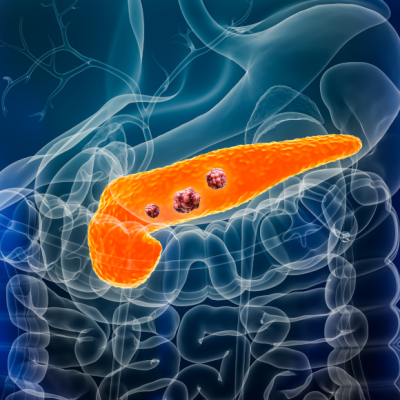A new blood test for early detection of Alzheimer’s disease has received market approval in the US and EU. The “Precivity AD-Bloodtest” is not only extremely accurate, but also very cost-effective, according to independent institutes. The test uses a specially developed technique called immunoprecipitation mass spectrometry to determine whether the ratio between Abeta40 and Abeta42 corresponds to the presence of plaques in patients. The presence of the ApoE4 gene indicates an increased risk of Alzheimer’s disease. The accuracy of the blood test was found to be 88% compared to the standard diagnostic tool, positron emission tomography (PET).
The results of the blood test were very accurate for both cognitively impaired and non-impaired patients, according to study author Dr. Randall J. Bateman of the University of Washington. The test could be useful in identifying patients who are at risk for future dementia and could also help to quickly and cost-effectively exclude the disease in people with negative results. The use of the blood test alone could be completed in less than six months, compared to three years for the PET scan alone, and would reduce costs by a factor of 10 or more, according to the study authors.
The test is already available in the US for around $500, compared to about $5,000 for a PET scan. In Germany, the test is currently only used in scientific studies. Another blood test developed by German and Dutch researchers measures the misfolding of amyloid-beta, which indicates an increased risk of Alzheimer’s disease. This test identifies a single enzyme that is disrupted in the brains of Alzheimer’s patients and is expected to be approved by drug regulators within the next three years.










